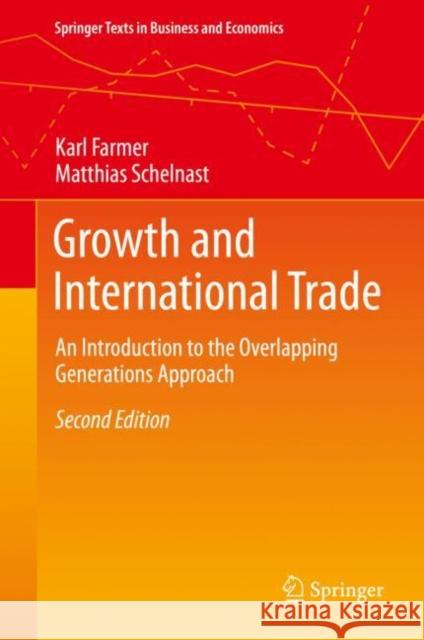Growth and International Trade: An Introduction to the Overlapping Generations Approach » książka
topmenu
Growth and International Trade: An Introduction to the Overlapping Generations Approach
ISBN-13: 9783662629420 / Angielski / Twarda / 2021 / 588 str.
Kategorie:
Kategorie BISAC:
Wydawca:
Springer
Seria wydawnicza:
Język:
Angielski
ISBN-13:
9783662629420
Rok wydania:
2021
Wydanie:
2021
Numer serii:
000424303
Ilość stron:
588
Waga:
1.02 kg
Wymiary:
23.39 x 15.6 x 3.33
Oprawa:
Twarda
Wolumenów:
01
Dodatkowe informacje:
Wydanie ilustrowane











